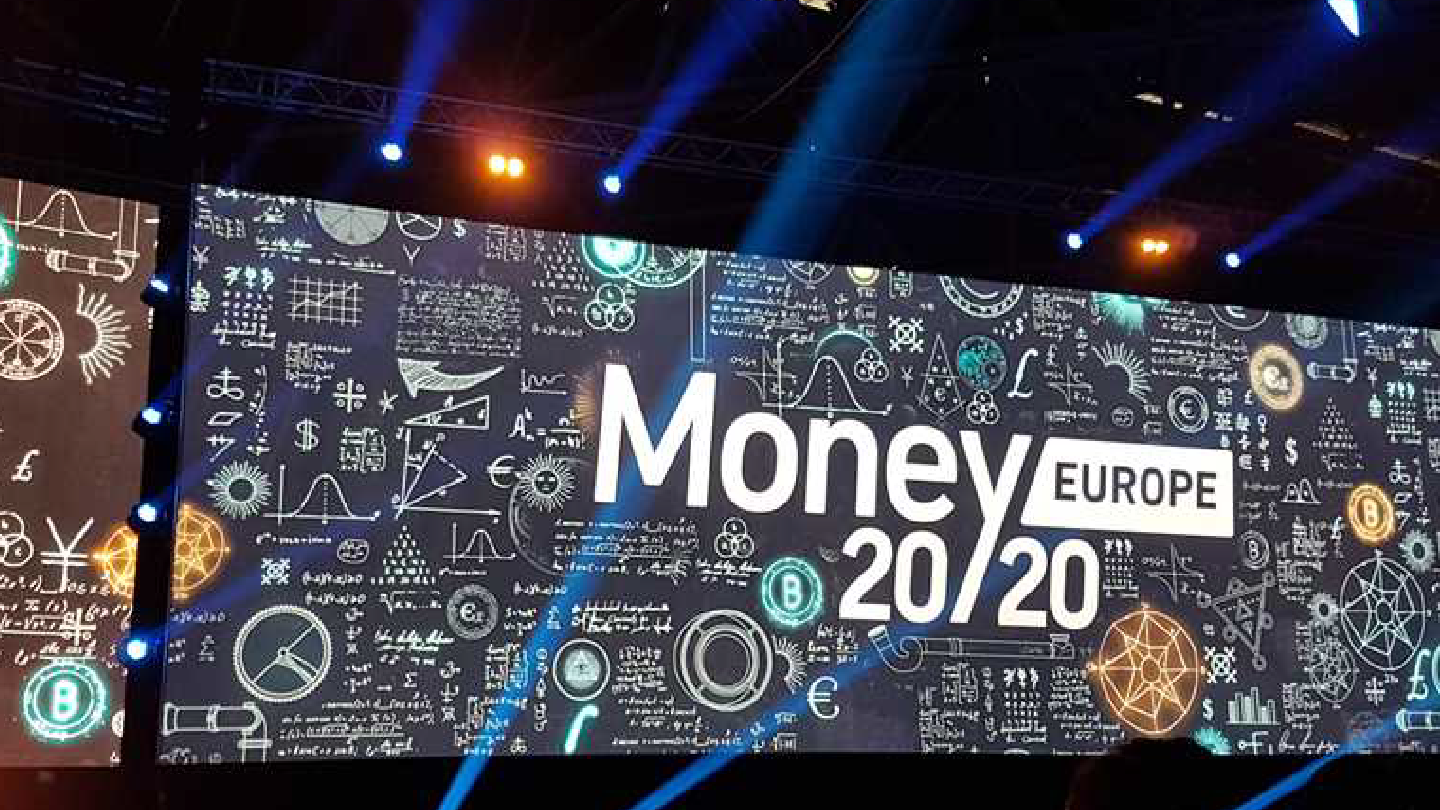Money 20/20 Europe: The Socks are Off
Zennan Green

“Big banks are now wearing jeans to conferences”.
It may have been a throwaway comment from one of the speakers at this year’s Money 20/20 Europe, but it was also surprisingly insightful. When it comes to Fintech, it appears that nobody is entirely sure what clothes they should be wearing any more.
As the great and the good of the Fintech, payments and banking communities gathered in Amsterdam this week, many of the speakers raised questions about the make up of the industry. When is a Fintech actually a Fintech? And who is a Techfin rather than a Fintech? Challenger bank or incumbent? How old – or perhaps more accurately, how young must you be to be considered an “incumbent”? PayPal turns twenty-one this year – they could buy you a drink in any US state! PayPal has a slightly different view on their date of birth, but nobody else really considers them to be a four-year-old pre-schooler. And with this, it seems that the whole Fintech industry really is coming of age.
Some speakers raised some searching questions to the audience, about whether they really were really still interested in doing great things for the good of society and revolutionising the way people run their financial lives, or were they in fact B2B organisations looking to sell some clever tech to the big banks? Likewise, the incumbent banks were being asked what was it – with their ample resources and enviable budgets – that was holding them back from being as innovative, agile and savvy as the fintech start-ups?
The banks may well have been wearing jeans, but at the same time, the Fintechs were wearing suit jackets over their Superdry t-shirts.
However, for all the identity crisis, Money 20/20 once again delivered some fascinating, compelling and often inspirational content.
And a distinct paradox became evident over the course of the three-day event. As usual, there was huge interest and fascination with what “big tech” was doing, with packed rooms for presentations by WeChat, Alipay, Amazon Pay and PayPal. The entire audience raised their smartphones to take pictures of each and every slide as these giants of the industry presented mind-boggling stats and, more importantly, sophisticated platform technologies that will enable everybody to connect and transact better with their customers.
But for all the interest and fascination, the same big tech companies – and others - were also cast up as the villains of the industry by more than one speaker. Perhaps this was a bit unfair, and arguably could have been more of a reflection on the background of a large portion of the audience who were concerned about the intentions of many of the big tech firms. Would any of them become banks themselves? Or provide their own Fintech solutions? Or limit access to their platforms? Martha Lane Fox, one of the original dot com glitterati, observed that many of the companies that championed the principles of “open” as they grew up, have now become big tech and suddenly have a different perspective on what being open should really mean.
This year, there were more panel discussions, and many candid views were shared on a wide range of topics.
Social responsibility and inclusion were clearly high on the agenda, as was digital identity and that perennial favourite: regulation – especially in the form of honest reflections on the impact of Open Banking in Europe, one year on from launch. Blockchain was up, but crypto was down. Platforms, tokenisation and security were most certainly also hot topics.
The days of crazy Fintech feel like they are nearly over – Fintech is growing up and getting all serious. As so many speakers and discussions at Money 20/20 explained, it needs to. There is also an underlying feeling of impending consolidation across much of the industry, and that big tech and social networks are going to have even more influence on the way we conduct our lives.
Yet, at the same time, there was a very interesting suggestion that we were only 1% done on our journey to truly digital banking, and digital banking is just the beginning of a journey to massively more digital, data driven lives. Much innovation is yet to come. So, we still need the curious minds, the whacky ideas and unhindered creativity.
Many of the people who are going to deliver this were sat right there in the audience. They were easy to spot. Not only were they wearing jeans, they also wore no socks…